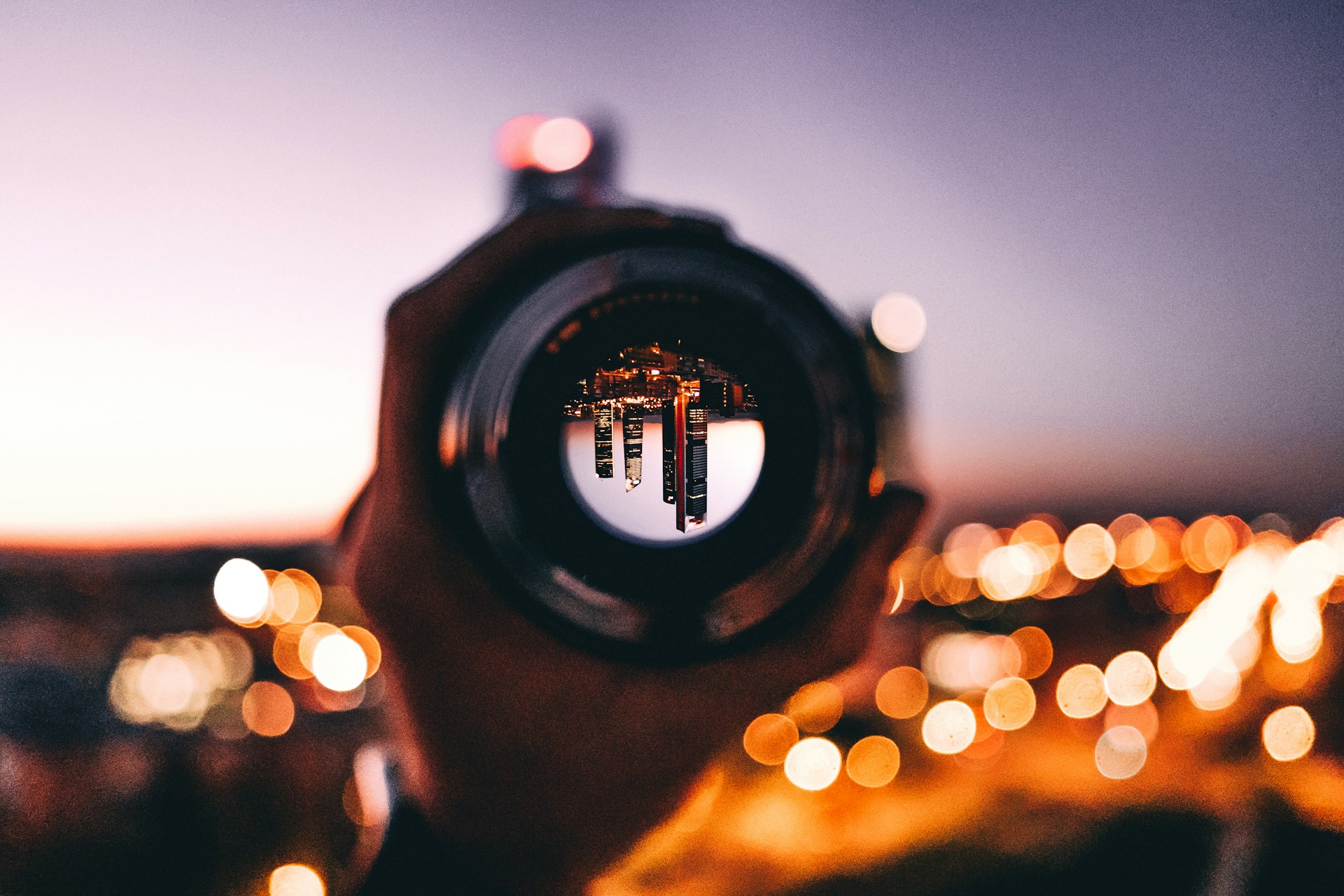What is Psychic Distance and How Can Writers Use It In Their Novels

You may already be familiar with the concept of first-person, second-person, and third-person point of view. But did you know that within each point of view, there are ways to get closer or further away from your characters?
This is what we call psychic distance.
Psychic distance refers to the degree of emotional closeness between the narrator and the characters in a story. Just like when you’re working with a camera and trying to find the target of the image, psychic distance is essentially the lens through which readers experience the narrative world and how focused or unfocused the narrative is at any given moment on a character.
When the psychic distance is close, readers are deeply immersed in the character’s thoughts, emotions, and sensory experiences. They feel as though they’re right there with the character, experiencing everything firsthand. This creates intense intimacy and empathy with the character’s journey.
First-person narration often implies a closer, more subjective psychic distance because readers are directly experiencing the story through the protagonist’s perspective. The closest psychic distance is considered a story told in stream of consciousness.
On the other hand, a wider psychic distance creates a sense of detachment and objectivity. Readers observe the characters from a distance, almost like watching a scene unfold from afar. This perspective allows for a more panoramic view of the story, offering insight into the bigger picture and character interactions.
Third-person and omniscient narration allows for greater flexibility in psychic distance, as the narrator can vary the level of intimacy with characters
It may not seem that important at first glance, but psychic distance can affect your writing greatly.
It plays a crucial role in shaping the pacing and tension of a narrative. Tightening the psychic distance during suspenseful or action-packed scenes can create a sense of urgency and immersion, keeping readers on the edge of their seats.
Widening the psychic distance during moments of reflection or exposition can allow for a more leisurely pace, giving readers space to absorb information and contemplate the story’s themes.
Psychic distance is the give and take of the rope you’ll keep throwing your readers as they progress through your story to keep them invested from beginning to end.
Psychic distance works on a spectrum. It’s never going to be one thing or the other. Again, like a camera lens, there are several notches of distance on which you can stop and survey the scene.
Mastering psychic distance involves finding the perfect balance between intimacy and detachment to suit the story’s tone, pacing, and narrative style. There will be moments when the narrative needs to focus in, and times when it needs to pull back, depending on the level of tension the scene calls for. It’s a delicate dance that can take some skill to execute, but one that can surely come with lots of writing practice, and one a professional editor can help you hone.
Example of close psychic distance:
Herb hurried down the street, his heart pounding in his chest, a cold drop of sweat trailing his temple. He rubbed his hands together seeking calm. The magic beans he’d so longed for would soon be his. A chuckle escaped him. He had to give it to whisky. That magic elixir that had always made Gertrude sing like a bird.
Example of distant psychic distance:
The man walked down the street. His figure became smaller and smaller the farther he got. No one knew the true reason he was here, but soon they would find out. The breeze blew the leaves wildly around as he disappeared into the sunlight pouring in from the horizon.
Psychic distance is an area of your story that editors pay attention to while editing. Whether we look at it during a developmental edit, manuscript critique, or line edit, all of these forms of editing offer opportunities to assess and adjust the psychic distance. What’s important is ensuring that these shifts move and flow swiftly and that there aren’t any drastic changes in psychic distance in your writing.
Mastering psychic distance can really make your narrative much richer. But it’s not something you have to tackle alone. Editors are here to offer that fresh perspective to help you gauge where in your story the psychic distance needs tweaking. So go ahead and reach out! Let’s talk about your novel and see how I can best assist you in bringing it to its full potential.